


Your free- source of information, news, and deep dive into the latest science in the world or fitness and health. We dive deep into the literature and debunk a lot of fake claims. Also, providing helpful tips and workouts to improve your health and quality of life.
Social media health gurus claim to have the keys to fountain of youth. While some celebrities appear to age gracefully and look much younger than we’ve seen previously. Are people eating better? What about dieting? What are people doing to age gracefully? Is aging considered a disease and how to reduce age related health problems like neurocognitive disorders.
There’s a lot of data that shows reducing calories, or in other words, caloric restriction may be a large factor when it comes to lifespan. Mouse studies showed a significant increase in lifespan when calories were reduced. The study also shows a comparison between reducing carbohydrates in contrast to lifespan. There’s little evidence to support that ketogenic diets, intermittent fasting, fasting-mimicking diets, time restricted feeding, protein restriction and a reduction in specific amino acids in humans contributes to larger lifespan over caloric restriction. The possible difficulty in comparing human randomized control trials with mice studies is compatibility and dependency for subjects. More long-term data is needed to determine the effectiveness of diet and aging under macronutrient parameters.
As we age, we have a higher risk of neurocognitive disorders. Diet, lifestyle, and genetics are the primary factors for age-related diseases. However, there are many things we can do to limit our risk. The data doesn’t support the notion that we’re able to reverse or deny aging. However, we can take extra steps to maintain great health and limit our risk.
Polyphenols, abundant in plant-based foods, possess antioxidant and anti-inflammatory properties that can help mitigate skin aging by combating oxidative stress, protecting against UV damage, and promoting collagen synthesis, potentially leading to healthier, more youthful-looking skin.
Healthy aging is the ability to maintain independence, purpose, vitality, and quality of life into old age despite unexpected medical conditions, accidents, and unhelpful social determinants of health.
Muscle is a big factor for longevity. The more muscle, the better health to a certain degree.
Stress triggers the release of inflammatory hormones, which can damage cells and tissues over time
Low to moderate consumption of caffeine can promote healthy aging whereas too much causes advanced skin aging.
Smoking releases harmful chemicals that damage DNA and shorten telomeres, protective caps at the ends of chromosomes. This leads to accelerated cellular aging and a reduced lifespan.
Backed by science
It’s well established that U.S. Adults don’t consume enough fruits and vegetables, which contributes to poor health outcomes. When it comes to cognitive function, those who consume higher fruits and vegetables had a significant reduction in odds of cognitive impairment. Higher consumption of fruits and vegetables in midlife may reduce the risk of cognitive impairment in late life.
Nicotinamide Adenine Dinucleotide plays an important role in a lot of critical cellular processes including energy metabolism, DNA repair, immunological functions and prevention of cognitive degenerative disease. As we age, our levels of NAD are depleted. Why is NAD important? Recent years have shown that NAD can play important roles in preventing and fighting several diseases. We can naturally boost our levels of NAD by practicing caloric restrictions, exercising, and fasting. However, we can deplete our levels of NAD by smoking, drinking, and consuming a high fat diet.
By middle age, NAD levels are estimated to be half that of our youth. So, how do NAD levels increase? Well, diet and lifestyle are important, and focusing on precursors to increase NAD levels. Consuming foods high in fruits and vegetables are important as well as supplementing with nicotinamide mononucleotide (MNM) naturally increase levels of NAD. avid Sinclair, Harvard University’s noted anti-aging researcher, whose research on resveratrol, NAD+ and sirtuins is world renowned, is also conducting human trials. He is taking NMN himself; he has said his lipid profile has improved dramatically and he feels more energetic and that his blood markers, at nearly 60 years old, are closer to those of a 31-year-old
Backed by science
Put to the test! This randomized, multicenter, double-blind, placebo-controlled, parallel-group, dose-dependent clinical trial included 80 middle-aged healthy adults being randomized for a 60-day clinical trial with once daily oral dosing of placebo, 300 mg, 600 mg, or 900 mg NMN.
The primary objective was to evaluate blood NAD concentration with dose-dependent regimens. The secondary objectives were to assess the safety and tolerability of NMN supplementation, next to the evaluation of clinical efficacy by measuring physical performance (six-minute walking test), blood biological age (Aging.Ai 3.0 calculator), Homeostatic Model Assessment for Insulin Resistance (HOMA-IR), and subjective general health assessment [36-Item Short Form Survey Instrument (SF-36)].
All 80 participants completed the trial without any violations. Meaning, they all took the correct amounts throughout the trial.
Blood NAD concentrations were significantly increased among all NMN-treated groups at day 30 and day 60 when compared to both placebo and baseline.
Blood NAD concentrations were highest in the groups taking 600 mg and 900 mg NMN. No safety issues, based on monitoring adverse events (AEs), laboratory and clinical measures, were found, and NMN supplementation was well tolerated. The walking distance increase during the six-minute walking test was statistically significantly higher in the 300 mg, 600 mg, and 900 mg groups compared to placebo at both days 30 and 60 with longest walking distances measured in the 600 mg and 900 mg groups.
The blood biological age increased significantly in the placebo group and stayed unchanged in all NMN-treated groups on day 60, which resulted in a significant difference between the treated groups and placebo
Supplements with NMN shows very promising results especially for middle aged adults. More testing must be done on younger adults. However, it might be statistically irrelevant since adequate levels of NAD blood levels are present in young adults.
Best supplements backed by science
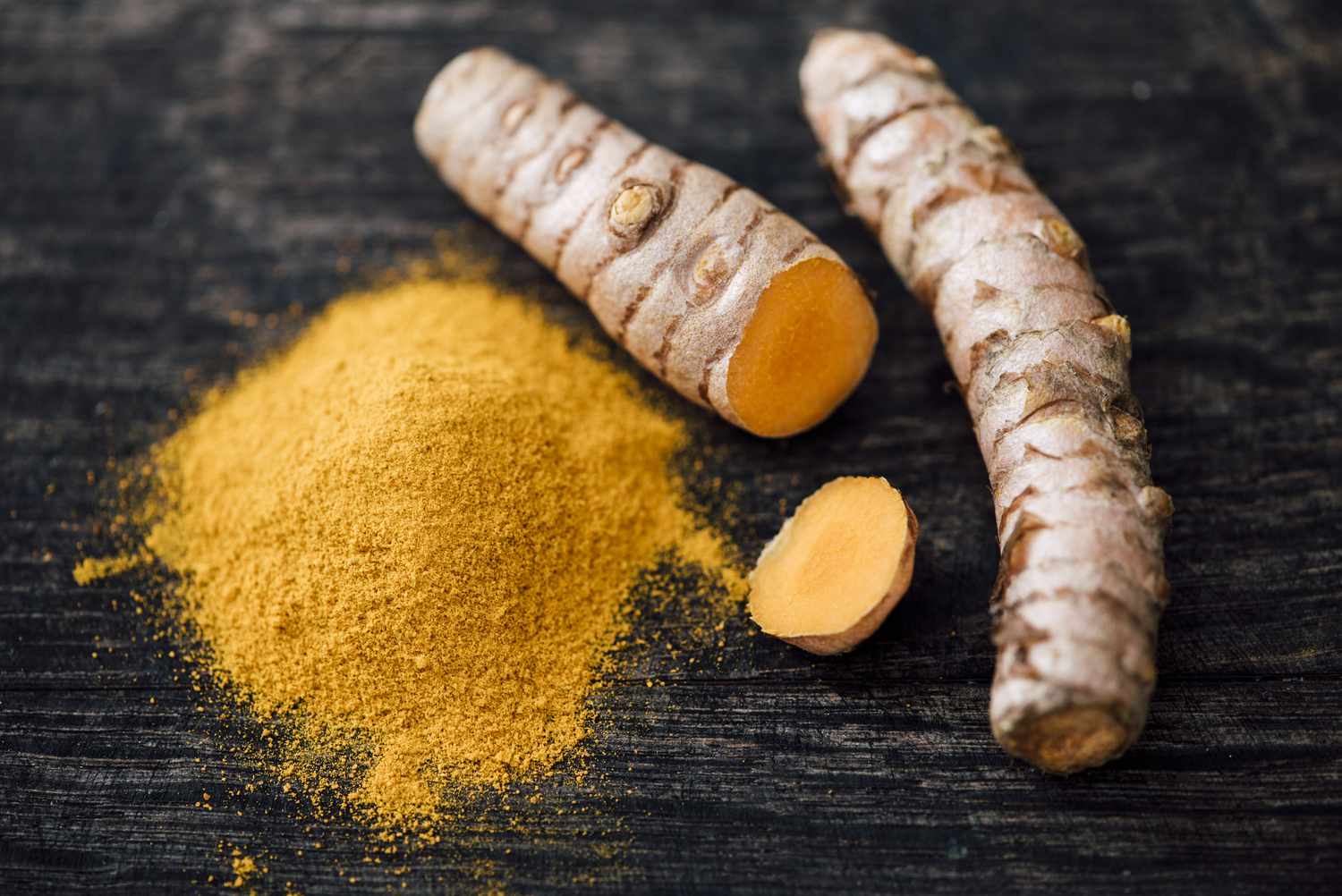
Curcumin is beneficial to human health, demonstrating pharmacological activities of anti-inflammation and antioxidation, as well as antitumor and immune regulation activities. Curcumin also presents therapeutic potential in neurodegenerative, cardiovascular and cerebrovascular diseases.
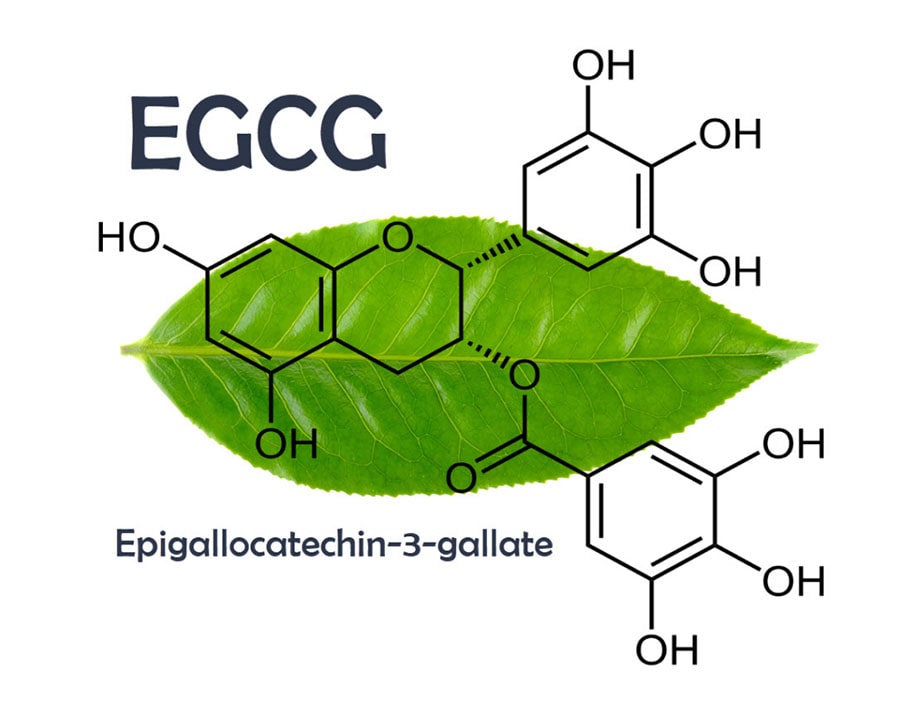
EGCG functions as a powerful antioxidant, preventing oxidative damage in healthy cells, but also as an antiangiogenic and antitumor agent and as a modulator of tumor cell response to chemotherapy.
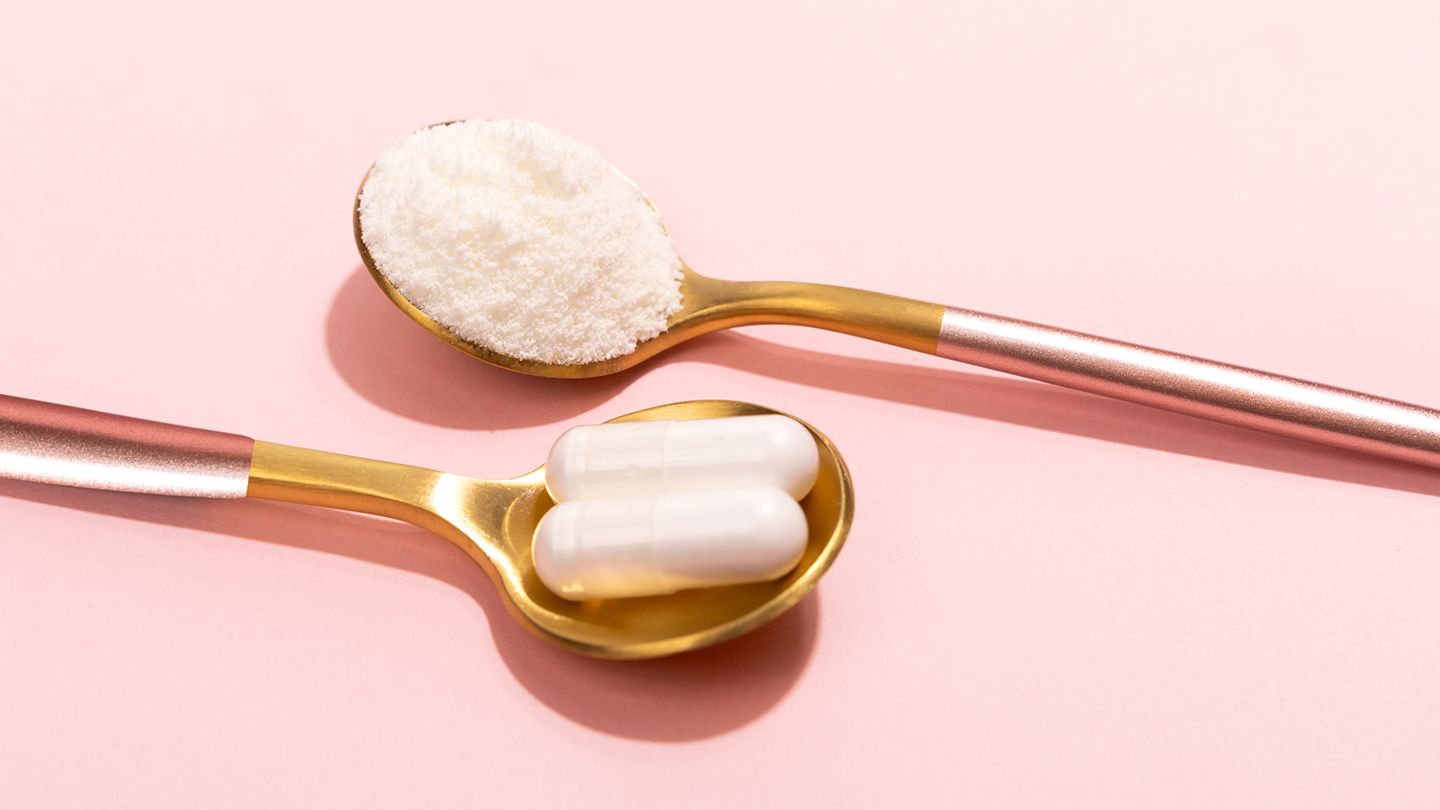
Human studies show that collagen supplements may improve skin elasticity, reduce wrinkles, increase skin hydration, and improve nail growth
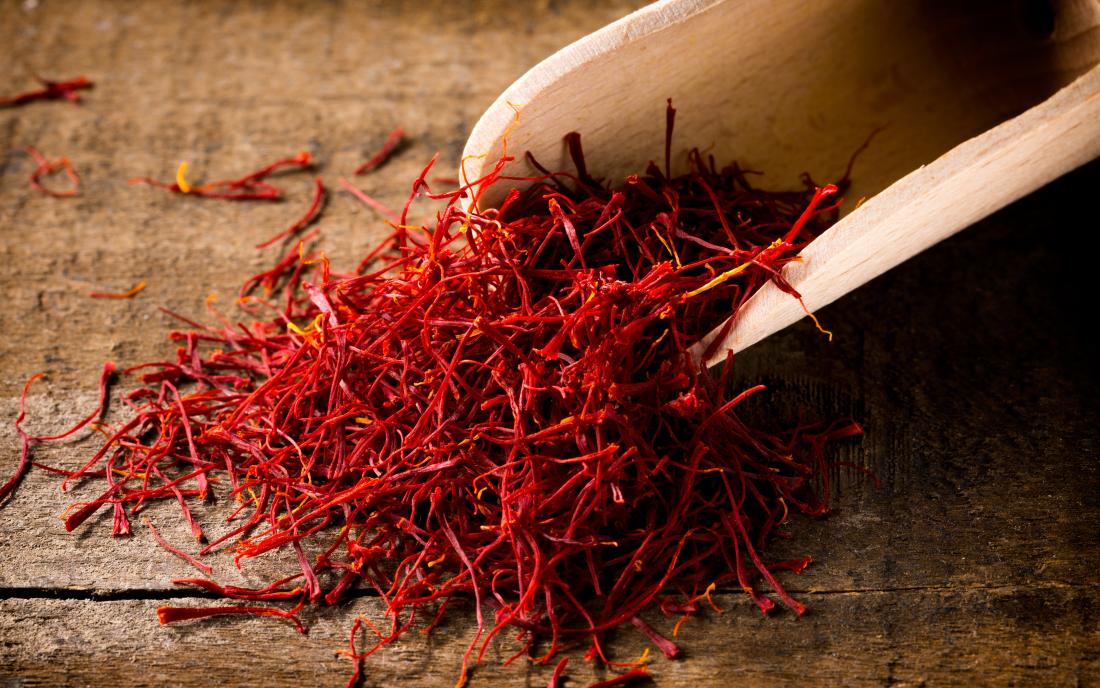
Numerous studies have confirmed that saffron exact exhibits protective effects on the myocardium and might be beneficial in the treatment of cardiovascular disease
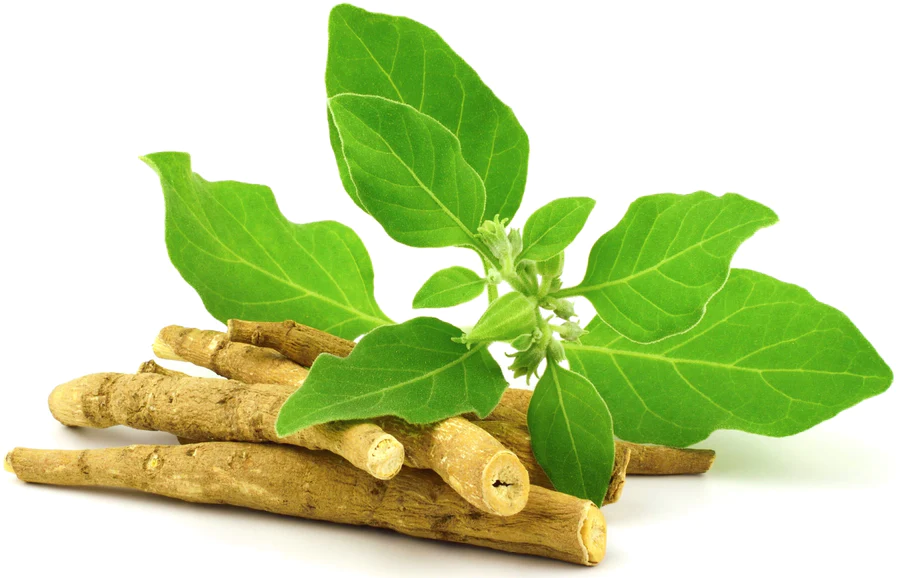
Some research indicates that supplementing L-theanine may help improve brain function in middle-aged adults and protect against age-related liver dysfunction, oxidative stress, and inflammation
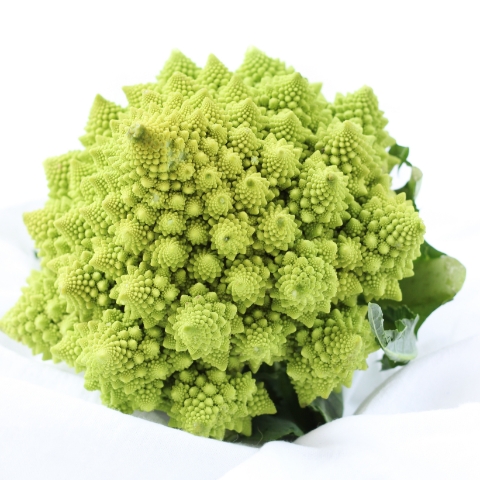
Powerful anti inflammatory and may promote longevity. Several animal studies have shown significant results, but more research is needed for humans.